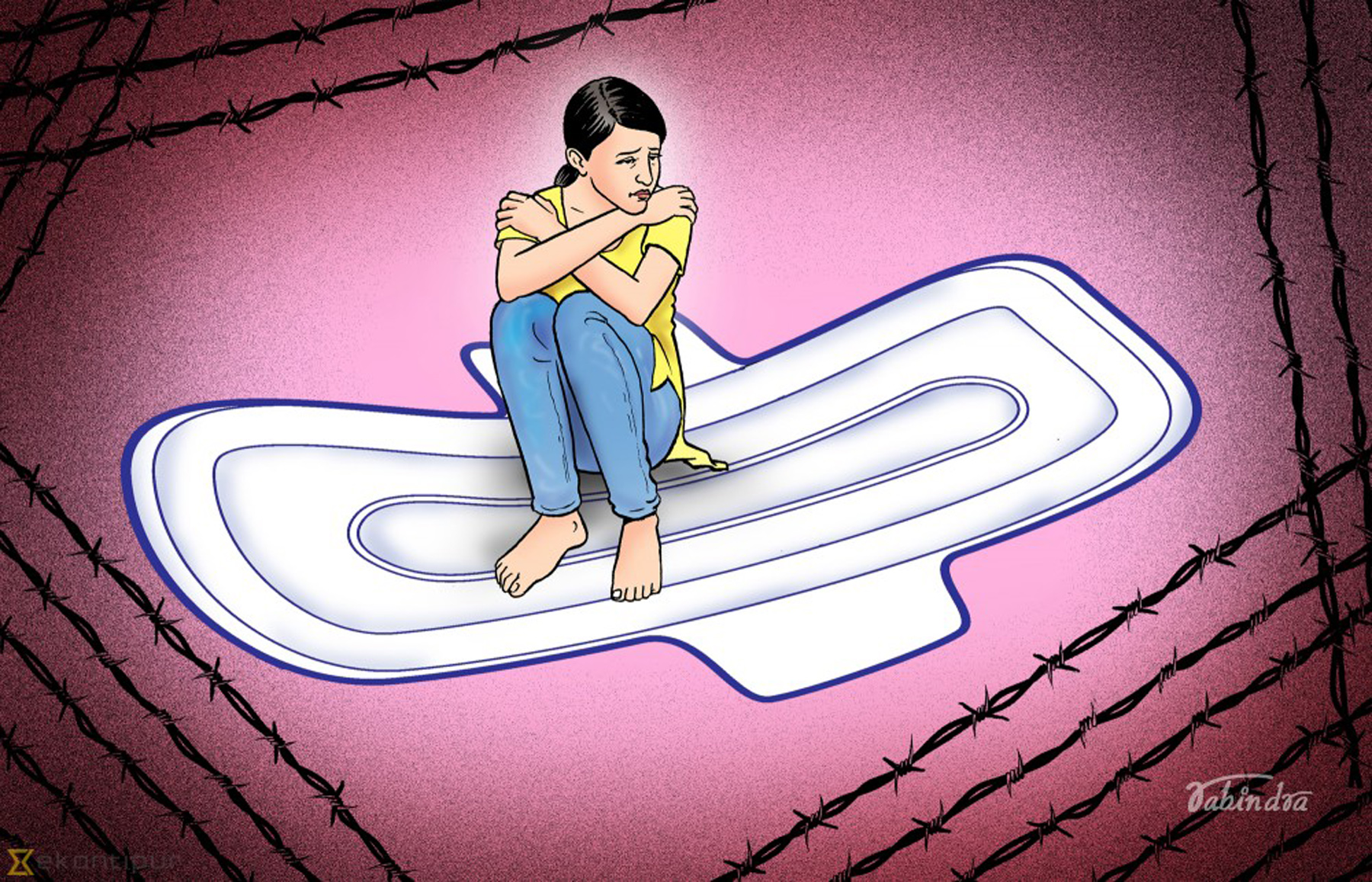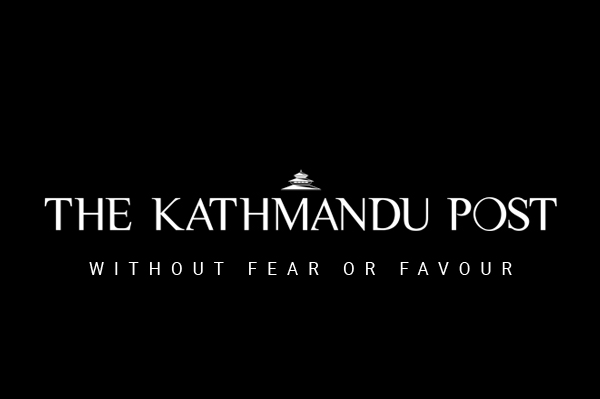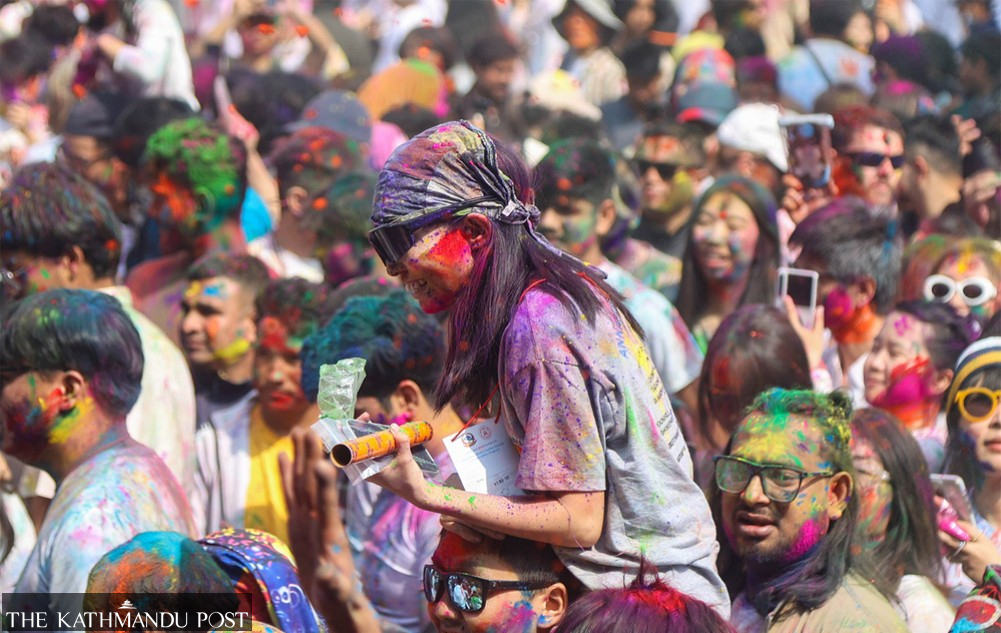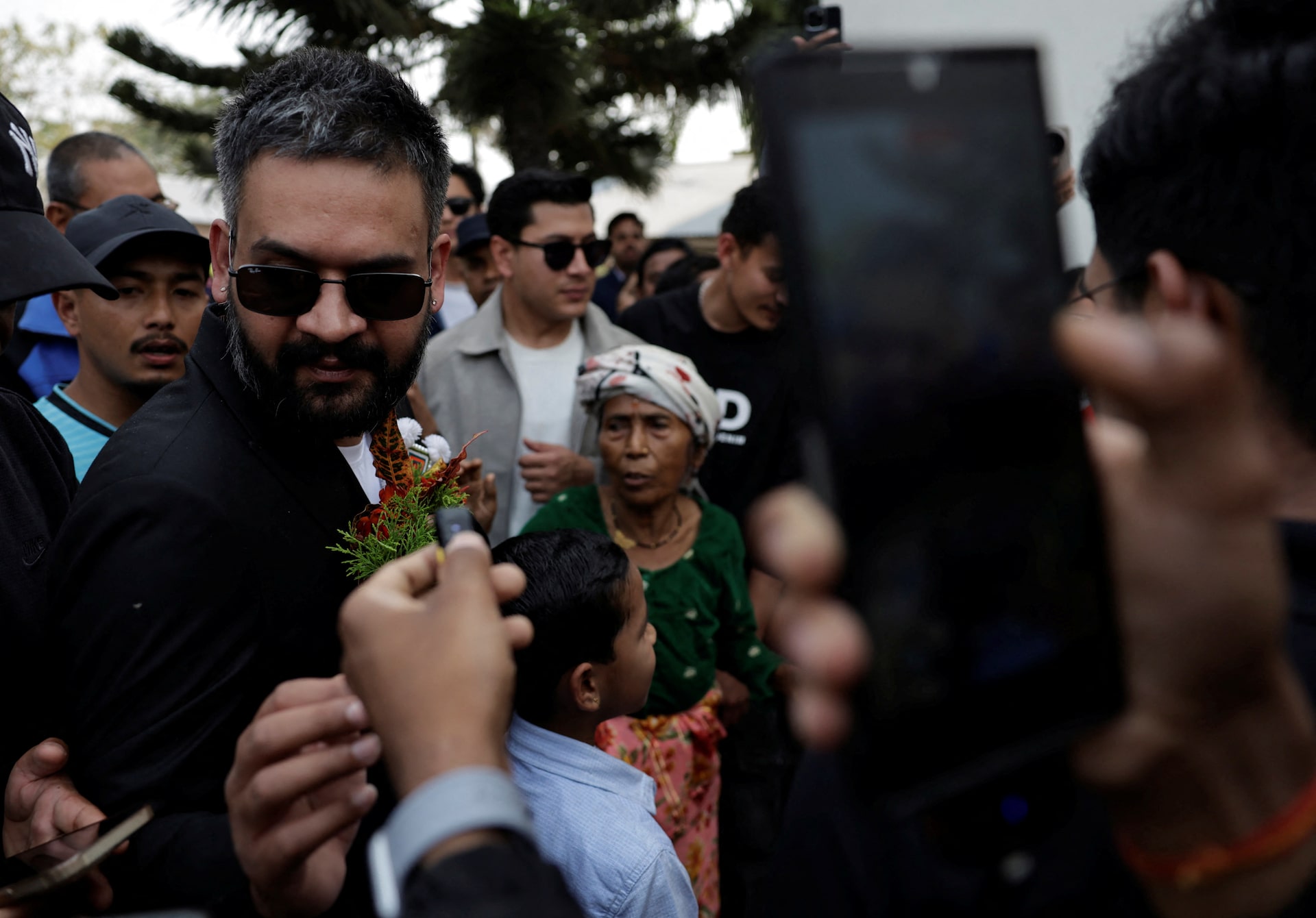National
The Post’s 19 big stories that shaped 2019
The police wasn’t always a friend, corruption continued unabated, and women spoke up against terrible men: these are some of the standout stories by our reporters from the past year..jpg)
Post Report
2019 was a year of new beginnings for The Kathmandu Post. We unveiled a new design, new masthead, new website and made a vow to our readers—to write and report without fear or favour.
Our commitment to fair and accurate journalism is reflected in the stories that we pursued--from the suspicious death of Madhesi man in police custody to the drunk driver who killed a pedestrian. We have reported on sexual abuse at schools and colleges, the overcrowding on Everest, climate change on the hills of Mustang and the monopoly of big beer companies.
Here are 19 stories from the past year that are worth revisiting.
How rice became a staple in the hills and mountains and why that’s unsustainable
Until a decade ago, in the remote village of Lo Manthang in Upper Mustang, the village fields would be lush with barley and wheat in the months of July and August. Red flowers of buckwheat would blossom and blanket large swaths of fields.
But not anymore. Today, the same fields, once luxuriant with local crops, are now mostly barren—and the villagers’ diet has been replaced by rice.
Maths teacher at Lalitpur Madhyamik Vidyalaya sexually molested young girls for decades
An investigation by The Kathmandu Post discovered a pattern of abusive behaviour by Bodha Raj ‘Basu’ Tripathee across decades, based on interviews with at least seven female students from various years who described similar tactics of molestation in his maths class. Despite numerous complaints against Tripathee, the school administration took no punitive action against him.
Tribhuvan University sociology lecturer sexually harassed female students for years
%20(6).jpg)
An investigation by The Kathmandu Post found previously undisclosed allegations against Tribhuvan University lecturer Krishna Bahadur Bhattachan stretching over the last several years, based on interviews with three former students and their friends who had been directly advised by him. The Post also confirms that Bhattachan is the person who had been previously accused of sexual harassment by two women, Manisha Lamsal and Nisha Shah, in a piece published in The Record last month, detailing how he continued to touch them inappropriately, hug them, and made uncomfortable sexual remarks.
A Madhesi died in police custody. No one knows what really happened.
Ten days after Ram Manohar Yadav’s arrest, his family was told that Ram Manohar had died in police custody. Officers at the District Police Office in Bardiya said that he had collapsed in prison and been rushed to Kathmandu for treatment, but he had died on the way.
Madhesi and human rights activists, however, alleged that Ram Manohar died due to mistreatment and a failure to get him medical attention in time, leading to an investigation by the National Human Rights Commission.
Nepali park officials tortured a man to death. The government and the World Wide Fund for Nature rewarded them.
While Nepal’s anti-poaching efforts have led to significant gains and earned the country much admiration internationally, the cost at which these results have been obtained has often been overlooked, both by the government and conservation organisations.
Over the years, there have been several reported incidents of forest rangers and army soldiers engaging in abuse and torture of members of indigenous groups who live around the protected areas.
The man who burns the dead for a living
Chandra Dhakal has been cremating dead bodies at the Pashupatinath Aryaghat since he was 13 years old. Now 49, he estimates he has burned over 27,000 bodies.
“I cremated the bodies of King Birendra, Queen Aishwarya and King Dipendra. I was one of the cremators for Krishna Prasad Bhattarai and Girija Prasad Koirala,” says Dhakal, referring to the cremation of the members of the former royal family and prime ministers. “These are a few of the things that I am proud of.”
In educated and elite Nepali circles, a different kind of “menstrual huts”

Young Nepali women living in cities may not be banished to sheds, but many of them are forced to adhere to a long list of menstrual restrictions.
Nearly 50 percent of women living in urban areas said they avoid social gatherings during their period, according to the 2014 Multiple Indicator Cluster Survey, a study focused on monitoring the situation of children and women in Nepal. Likewise, nearly a quarter of them stay in a different room when they are menstruating, the study found.
This is what it takes to get a foreigner to Everest
Every year in the spring, hundreds of aspiring Everest climbers from all over the world arrive in Nepal, hoping to conquer the mountain. But months before the climbers even land in Kathmandu, hundreds of yaks, porters, sherpas and cooks from dozens of outfitters head to Everest Base Camp to make necessary preparations for the climbing season. This caravan forms the backbone of the climbing industry and without them, it is hard to imagine a foreigner on top of the highest mountain in the world.
From a meme to king of Nephop: Lil Buddha is making a comeback
Sacar Adhikari is angry. He’s shirtless, tattooed and he’s cursing. He’s live-streaming on his Facebook page and within minutes, hundreds of people are watching the video. Sacar is attacking everyone, from then Prime Minister Pushpa Kamal Dahal to rapper Laure.
After going courting controversy for his Facebook videos and posts, he uploaded ‘King of NepHop’, the first song of his album Shree Panch, to his YouTube channel on January 12. Within an hour, the video was trending as number one on YouTube Nepal and already had 18,000 views; today, it has millions of views.
Sacar Adhikari, Lil Buddha, is emblematic of the new generation of Nepali rappers—brash, arrogant and ambitious.
How two Sikhs built Kathmandu’s water pipelines and laid its roads
The saying goes that Sardar Manohar Singh could point to where each water pipeline had been laid under Kathmandu, and where all the valves and chambers and reducing holes were. Manohar—who came all the way to Kathmandu from Rawalpindi in 1931—knew all this for a simple reason: he had played a crucial role in laying them.
And when Kathmandu started tracing networks of roads above those very pipelines, it was Manohar’s son, Sardar Hardayal Singh, who would build paths and ensure their maintenance.
Big beer companies have a monopoly on the market. Now some beer lovers want to change that
Nepal has long been lager land for beer lovers, with no other real options available. But a small group of craft brewers are optimistic about the future of microbrewing in the country, even if a few large beer companies have a stranglehold on the market.
How Nepal’s information minister went from being a reporter to a hardline politician against the free press
Gokul Baskota, minister for communication and information technology, started his career working for left-leaning publications, and is now one of the prime minister’s most trusted ministers, and a spokesperson for the government.
But Baskota wasn’t always the way he has appeared in public since joining the KP Sharma Oli administration. Until 10 years ago, the man who belittles and taunts the media during the administration’s weekly press briefings and at other public forums was sitting across the dais, firing a volley of questions at those in power. Baskota was once a journalist; now he’s muzzling the press.
Nepali bureaucrats regularly asked for ‘their cut’ from Melamchi contractor, Italian officials say
.jpg)
Rampant corruption, regular demands for commission by government officials, and labyrinthine bureaucratic hassles forced the Italian contractor to abandon the Melamchi Water Supply Project, throwing the national pride project that is close to completion into uncertainty once again, a Post investigation has revealed.
Nepal barely plays 50 different sports but hosts nearly 200 sports associations
Despite only around 50 sports disciplines being actively practiced in the country, the number of sports associations has skyrocketed, growing from 31 until 1990 to over 200 until last year, when 17 were deregistered for inactivity, bringing the number to 193.
The list of sports associations is truly bizarre, featuring games like throwball, petanque, pole breaking, chalk ball, foot volley, rope skipping, sumo wrestling, ice hockey, tong-il moo-do, pigeon racing, roll ball, curve ball, tug-of-war, and skiing. There are over 60 associations alone for the various versions of karate.
For rape survivors in Nepal, police is not always their friend
The country’s police force is heavily male and woefully undertrained when it comes to dealing with survivors of sexual violence.
Counsellors who work with rape survivors say that the belittling attitude of officers and the institution’s soul-crushing bureaucracy—survivors are forced to show up at the police station multiple times before the investigation even begins—can take a heavy toll.
Yak herding is vanishing in Upper Mustang. So are the yaks.
Amid geopolitical concerns, a changing climate and the increasing intrusion of the modern world, young nomads are abandoning their traditional way of life.
In recent years, several dozen nomads from Upper Mustang have abandoned their nomadic lifestyle and settled in villages in Upper and lower Mustang; some have migrated to far-flung cities, or moved to different countries. Today, even nomads who have managed to hold on to a lifestyle that dates back thousands of years are questioning the practicality of it all.
The rise and fall of Nepal Airlines
.jpg)
Despite an ambitious plan to recapture the skies, Nepal’s national flag carrier remains in the doldrums. Behind the downfall of what was once the country’s largest employer and the largest earner of foreign currency are the same two evils that plague most other public bodies in Nepal—mismanagement and corruption.
Why Nepali football is still failing to make a mark
Football is arguably Nepal’s most popular sport, surpassing even the popularity of cricket and volleyball, Nepal’s national game. Despite so many playing and millions more watching, Nepal has not been able to make significant strides in the game. While the Nepal cricket team has climbed to heights previously unfathomed, Nepali football has remained moribund.
Behind this state of affairs, say former players, coaches and analysts, is mismanagement, a lack of investment and a failure to groom players through domestic leagues.
He was one of the few ministers who delivered. Then the prime minister sacked him
Gokarna Bista won plaudits for pushing reforms and taking on the foreign employment cartels, but fell prey to entrenched interests and political horsetrading.
In his nearly two-year tenure, from March 2018 to his unceremonious exit in November, Bista took on the foreign employment cartels, winning him both ardent supporters and fierce critics. Ultimately, Bista’s ouster would come from a combination of entrenched interests and plain-old politics.




 9.89°C Kathmandu
9.89°C Kathmandu



